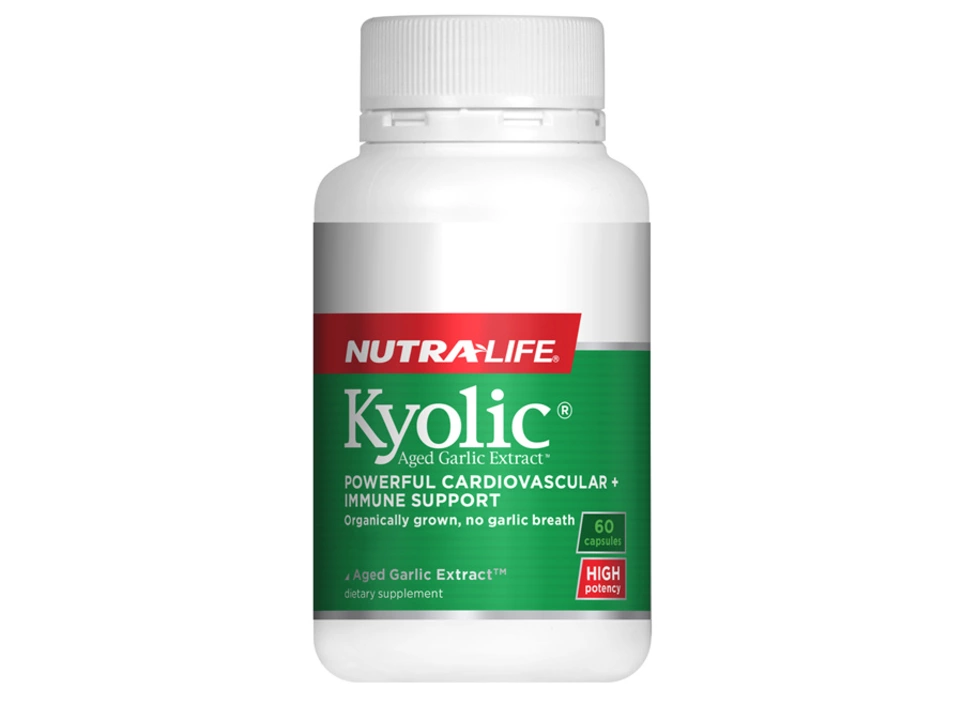Fumarate: what it is and why it matters
Fumarate isn't a single drug. It's a chemical form used in different medicines and supplements. You’ll see it in iron pills as ferrous fumarate and in prescription drugs like dimethyl fumarate for multiple sclerosis or psoriasis. Knowing which fumarate product you have makes a big difference for how it works and what side effects to expect.
Common fumarate medicines and how they’re used
Ferrous fumarate is a common iron supplement. Many tablets list 300 mg ferrous fumarate — that usually supplies roughly 100 mg of elemental iron. People take it for iron-deficiency anemia or low iron stores. Take it with vitamin C or orange juice to help absorption. Avoid taking it with calcium, antacids, coffee or tea because those reduce iron uptake. Expect possible constipation or dark stools; fiber, fluids, or a stool softener can help.
Dimethyl fumarate (brand names like Tecfidera or generics) is a prescription medicine used for relapsing multiple sclerosis and sometimes for psoriasis. The usual dose prescribed by doctors is 240 mg twice daily, but follow your clinician’s instructions. Common side effects are flushing and stomach upset. A less common but serious issue is low white blood cell counts (lymphopenia), so regular blood tests are standard while you’re on this drug.
Side effects, monitoring, and interactions to watch for
Side effects depend on the fumarate product. With ferrous fumarate watch for constipation, nausea, and dark stools. If you have severe stomach pain, vomiting, or signs of an allergic reaction, seek help. For prescription fumarates like dimethyl fumarate, flushing, diarrhea, and abdominal pain are common early on. More serious problems include infections or low white blood cells — your doctor will order blood tests to catch that early.
Drug interactions matter. Iron supplements can reduce absorption of some antibiotics and thyroid meds. Take iron at least two hours apart from those drugs. Prescription fumarates may interact with other immune‑suppressing medicines; always tell your prescriber about everything you take.
Practical tips for buying and using fumarate products
Buy iron supplements from trusted brands or pharmacies. For prescription fumarates, never skip the lab checks your doctor orders. If buying online, only use verified pharmacies that require a prescription and show contact details and licensing. Watch out for sites that sell prescription drugs without asking for a prescription — those are risky and may supply counterfeit medicine.
Store iron tablets in a cool, dry place out of reach of children — even a small overdose of iron in kids can be dangerous. Keep prescription fumarates in original packaging and follow storage notes on the label. If you miss a dose, read the patient leaflet or ask your pharmacist whether to take it or skip it.
If you’re unsure which fumarate product you have or whether it’s right for you, talk to your pharmacist or doctor. They can confirm dosing, check interactions, and set up any needed blood tests so you use fumarate safely and effectively.

In my latest blog post, I explored the crucial role of fumarate in maintaining liver health. Fumarate, a key component of the Krebs cycle, plays a critical role in energy production and detoxification processes within the liver. By supporting efficient metabolism and detoxification pathways, fumarate helps to keep our liver functioning optimally. Additionally, recent studies suggest that fumarate may also have anti-inflammatory and protective effects on liver cells. In conclusion, incorporating fumarate-rich foods or supplements into our diets can prove beneficial for overall liver health and function.
Chris Gore May 11, 2023




